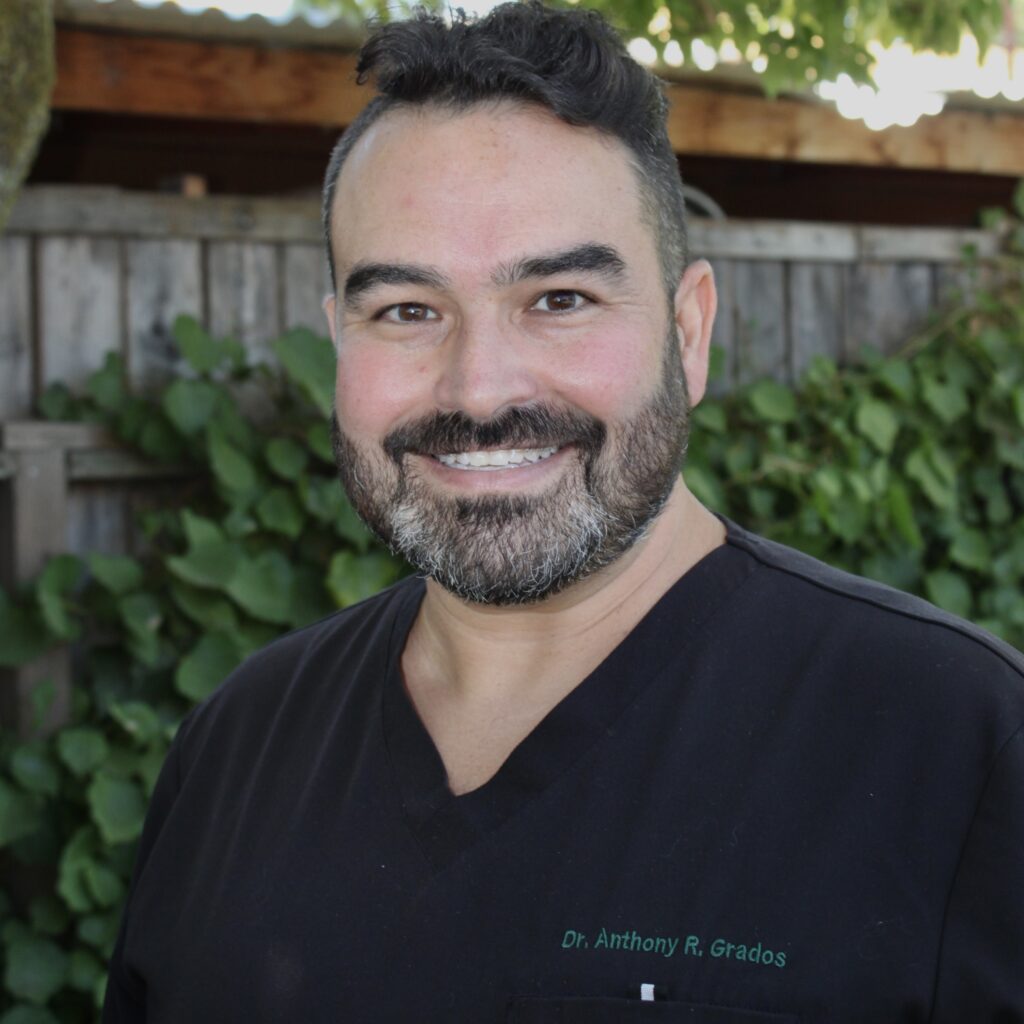A safe and simple solution to problem teeth
The prospect of losing a tooth as an adult can feel overwhelming. However, a timely tooth extraction can relieve pain and prevent serious infections. If a problem tooth is affecting your oral health or overall wellness, our team at Forestville Family Dentistry is here to help. We use modern instruments and gentle techniques to keep you comfortable throughout the process. If you’re worried about getting a tooth extraction in Forestville, don’t be. Our team will be with you every step of the way.
How do I know if I need a tooth extraction?
Tooth extractions help prevent bigger dental problems. You might need one if you have:
- Severe decay that a filling or crown can’t fix
- Advanced gum disease causing loose teeth
- An infected tooth that antibiotics or root canal treatment can’t save
- Impacted wisdom teeth causing pain or crowding
- A broken tooth that can’t be repaired
- Crowded teeth that need more space for orthodontic treatment
Whenever possible, we’ll do everything we can to save your tooth. If removal is necessary, we’ll rebuild your smile with dental bridges or implants so you can enjoy a healthy, functional bite.
What to expect
We understand how intimidating a tooth extraction can be. Knowing what to expect can help ease your concerns. Here’s our process for tooth extractions in Forestville:
- Personalized Consultation – Whether it’s planned or an emergency, we’ll evaluate your tooth and overall health to determine the best approach.
- Ensuring Comfort – If extraction is necessary, we’ll use safe and effective pain control to completely numb the area and ensure your comfort throughout.
- Removing Your Tooth – Simple extractions remove visible teeth, while surgical extractions address impacted or broken teeth. We’ll gently loosen and remove the tooth.
- Post-Extraction Care – In some cases, we may place bone grafting material or a dental implant post immediately. If needed, we’ll place stitches or a dressing to aid healing.
- Healing & Follow-Up – We’ll provide detailed aftercare instructions and schedule follow-ups to ensure a smooth recovery.
Tips for Recovering from a Tooth Extraction
A few simple steps can help speed up your healing process:
- Rest and take it easy for the first 24 hours.
- Bite gently on gauze or a moist tea bag to control bleeding.
- Apply ice packs to the outside of the face to reduce swelling.
- Eat soft foods like yogurt, mashed potatoes, and soup.
- Avoid straws, smoking, and alcohol to prevent complications.
- Keep the area clean by rinsing with warm salt water after 24 hours or as directed by our team.
Next Steps: Rebuilding Your Smile After Tooth Extraction in Forestville
Once you’ve healed, we’ll want to meet with you to discuss next steps. Removing an unsalvageable tooth protects your oral health, but long-term wellness depends on a complete bite. Missing teeth allow neighboring teeth to shift, as well as leading to excess wear, cracks, and further tooth loss.
At Forestville Family Dentistry, we offer several tooth replacement options, including dental bridges and dental implants, to restore your smile and maintain a balanced bite. Tooth extractions are often the first step toward a healthier, more functional smile. Contact us today to learn how we can protect your smile with tooth extractions in Forestville!

